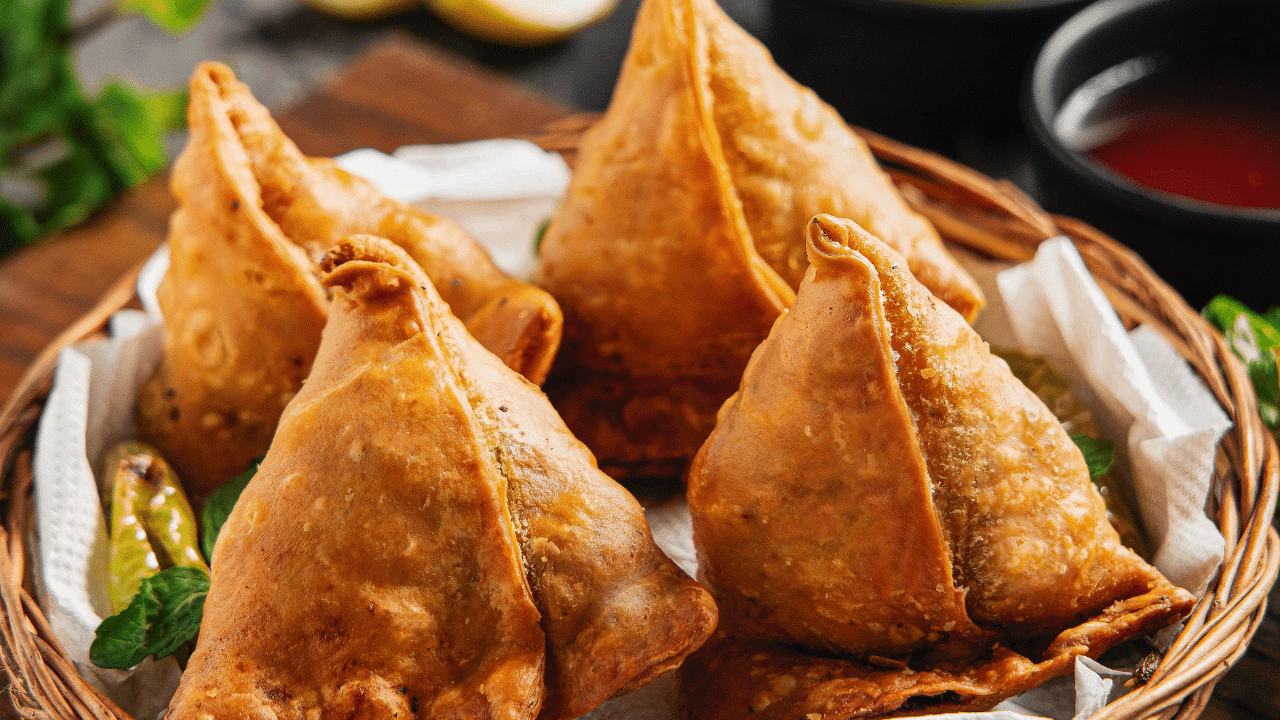New Delhi: India is facing a silent epidemic with rising obesity, especially among children and young adults. With over 135 million obese individuals and childhood obesity rates steadily increasing, the Ministry of Health has recently launched an initiative to re-evaluate the nation’s snacking habits. The core question being raised: Are our traditional Indian snacks contributing to this crisis, or can they be part of the solution? India’s culinary landscape is rich in diversity and tradition. From crispy chaklis and mathris to spicy samosas and deep-fried pakoras, snacks have been central to our social and emotional lives. However, in their modern, mass-produced, shelf-stable avatars, these snacks have taken on a new, more dangerous identity.
Dr. Mickey Mehta- Global Holistic Health Guru & Spiritual Life Coach, commented on the same.
Commercial snacks today are high in refined flours, hydrogenated oils (trans fats), artificial flavour enhancers, excess sodium and sugar, additives, all of which dominate the processed versions, stripping away any original nourishment and contributing to weight gain, metabolic disorders, and chronic inflammation. The Ministry’s initiative is not about eliminating these snacks; it is about rethinking and reimagining them. It is calling for the revival of wholesome, regional snacks in their original, home-cooked, seasonal forms, coupled with public awareness on portion control, mindful ingredients, proper cooking methods, conscious eating, and nutrition literacy. This signals a shift from calorie-counting to consciousness-living. This moment calls for a return to our roots through Ayurveda, Yogic Nutrition, and Vedic lifestyle rhythms.
Our snacks should be like prasad—satvik, soul-nourishing, alkalising, and purifying. Not poison wrapped in plastic. Some examples of such snacks include:
- Roasted foxnuts (makhana) with ghee and rock salt
- Steamed muthiyas made with fenugreek leaves and millet
- Steamed handvo with lauki and carrot
- Sprouted moong chaat with lemon and coriander
- Hand-pounded rice poha with curry leaves and peanuts
- Warm ragi laddoos sweetened with jaggery and cardamom
- Coconut-based sweets like nariyal barfi (without refined sugar)
These are not just snacks, they are digestive tonics, mood stabilizers, and gut microbiome boosters.
Ultra-processed snacks disrupt gut bacteria, alter satiety signals, spike insulin levels, and create inflammation pathways, leading not just to obesity but also metabolic disorders, anxiety and even depression. On the other hand, wholesome, fibre-rich, naturally spiced, traditional foods improve insulin sensitivity, support hormonal balance, and reduce visceral fat accumulation.
Snacks are not necessarily the issue. It is more the quality and the repeated use and reuse of ingredients like oil that alter the chemical composition, producing harmful compounds such as trans fats and acrylamides, which are strongly linked to inflammation, obesity, and chronic diseases. Our canteens must stop resembling fast food factories. Let them become temples of vitality, serving warm, balanced, grandmother-style meals. Food must be infused with love, not preservatives.
Corporations, schools, and even government offices should offer snack options that are seasonal, local, and home-style, like Buttermilk (chaas) instead of sugary colas, Roasted chana, peanuts, or jaggery chikki bars as pick-me-ups, Herbal teas with tulsi, cinnamon, or ajwain instead of vending machine coffee.
The obesity crisis is not just about what we eat; it is also about when, how, and why. Circadian eating (eating with the sun) and yogic fasting, which gives the body time to cleanse, repair, and rejuvenate, just don’t exist. Snacking at odd hours, bingeing due to stress, or using food as emotional anesthesia is what disturbs harmony. The Ministry’s initiative is a much-needed spark, but the flame of change must be kept alive in every home, school and street corner. Let our food be our friend, our healer, our spiritual offering. Then, health won’t be something we chase; it will be who we are.
